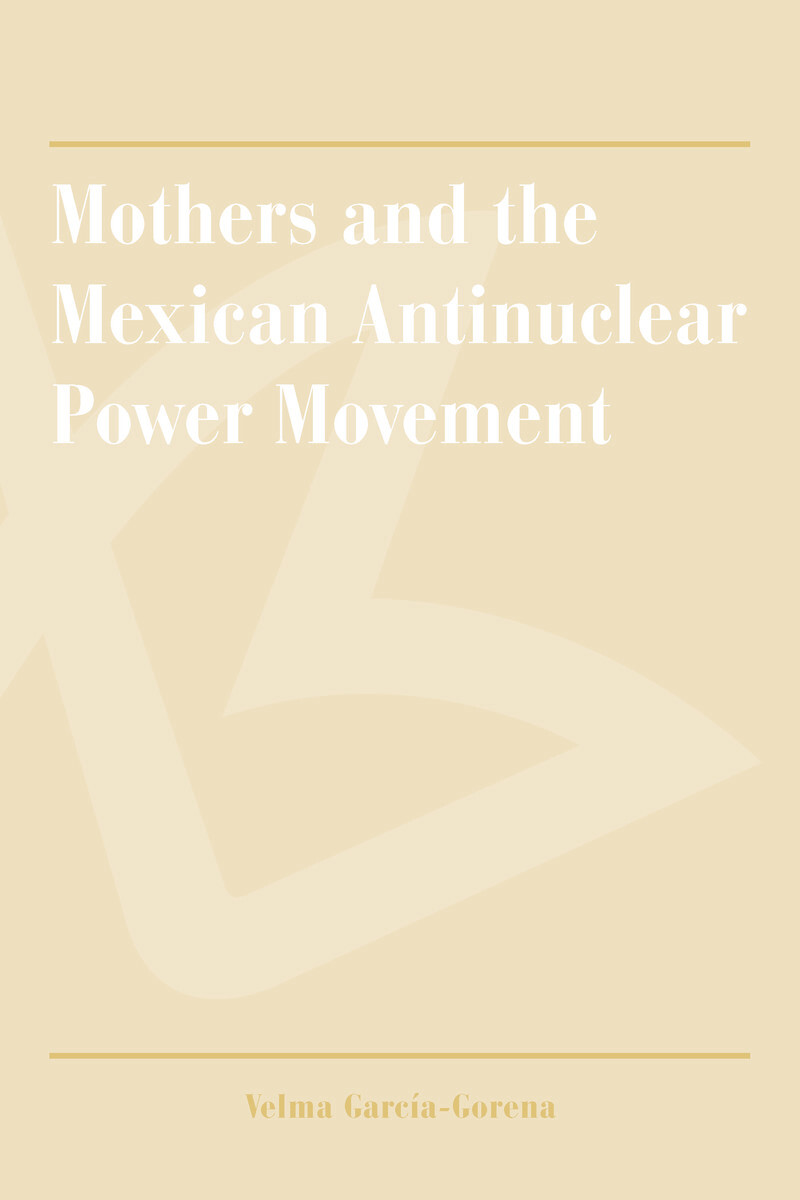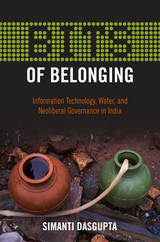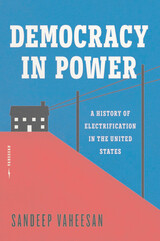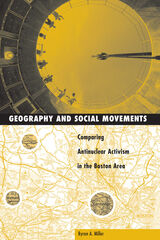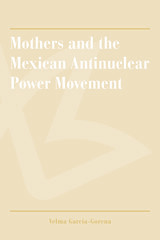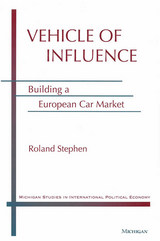Mothers and the Mexican Antinuclear Power Movement
University of Arizona Press, 1999
eISBN: 978-0-8165-4941-2 | Paper: 978-0-8165-1875-3 | Cloth: 978-0-8165-1874-6
Library of Congress Classification HD9698.M63V474 1999
Dewey Decimal Classification 327.1747097262
eISBN: 978-0-8165-4941-2 | Paper: 978-0-8165-1875-3 | Cloth: 978-0-8165-1874-6
Library of Congress Classification HD9698.M63V474 1999
Dewey Decimal Classification 327.1747097262
ABOUT THIS BOOK | AUTHOR BIOGRAPHY | TOC
ABOUT THIS BOOK
In the early 1970s construction began on a nuclear power plant at Laguna Verde in the Mexican state of Veracruz. Initially, most local citizens were largely unconcerned with the prospect of having the nuclear plant in their community. With the accidents at Three Mile Island and Chernobyl, however, residents' complacency toward the power plant soon turned to opposition. Protest groups such as the Madres Veracruzanas emerged to join existing environmental groups in a fight to close down the facility.
In Mothers and the Mexican Antinuclear Power Movement, Velma García-Gorena traces the protest movement against the Mexican government's Laguna Verde nuclear plant, outlining the movement's formation, development, and decline. Documenting the movement's key players and turning points in superb detail, she interweaves important historical narrative with a deft examination of the events, framing her analysis in terms of social movement literature. In a departure from the more conventional New Social Movements approach to analyzing antinuclear movements, García-Gorena demonstrates how, in many ways, movements of this kind are not so new and how a modified "political process" approach fits much better. With a sophisticated application of various social movements' paradigms, García-Gorena incorporates perspectives such as resource mobilization, political process paradigms, and feminist theory.
Timely, well written, and thoroughly researched, Mothers and the Mexican Antinuclear Power Movement fills a major gap in the literature on grassroots environmental movements in Latin America. Both rich in empirical detail and convincing in its conclusions, this study provides a broader understanding of Mexican social movements and the quest for democracy in developing countries.
In Mothers and the Mexican Antinuclear Power Movement, Velma García-Gorena traces the protest movement against the Mexican government's Laguna Verde nuclear plant, outlining the movement's formation, development, and decline. Documenting the movement's key players and turning points in superb detail, she interweaves important historical narrative with a deft examination of the events, framing her analysis in terms of social movement literature. In a departure from the more conventional New Social Movements approach to analyzing antinuclear movements, García-Gorena demonstrates how, in many ways, movements of this kind are not so new and how a modified "political process" approach fits much better. With a sophisticated application of various social movements' paradigms, García-Gorena incorporates perspectives such as resource mobilization, political process paradigms, and feminist theory.
Timely, well written, and thoroughly researched, Mothers and the Mexican Antinuclear Power Movement fills a major gap in the literature on grassroots environmental movements in Latin America. Both rich in empirical detail and convincing in its conclusions, this study provides a broader understanding of Mexican social movements and the quest for democracy in developing countries.
See other books on: Antinuclear movement | Mothers | Nuclear power plants | Social movements | Women social reformers
See other titles from University of Arizona Press
